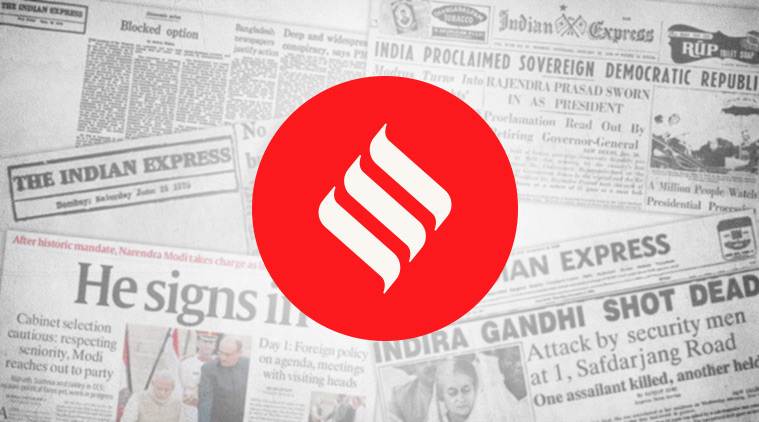
If Julian Assange, the co-founder and self-described “editor” of WikiLeaks, is extradited by the United Kingdom to the United States, he could face up to five years in prison on charges of “conspiracy to commit computer intrusion”. The way the case unfolds will, of course, have a profound impact on the freedom of the press and the degree to which governments can criminalise those who expose their working and the accompanying hypocrisies. It may also be an occasion for looking at the unintended consequences of the era that WikiLeaks ushered in and typified.
The WikiLeaks’ release of classified documents in 2010, detailing alleged war crimes, government surveillance and diplomatic correspondence, called public attention to the US administration’s apparent callousness about lives, both civilian and military, in the wars in Iraq and Afghanistan and how it spied even on allied countries. In 2016, WikiLeaks released then US President-hopeful Hillary Clinton’s private emails, and has been accused by the Democrats, including Clinton, of acting for Donald Trump with the aid of Russian interests. The attack on Assange has been two-fold: First, it is claimed that he helped hack into US military databases and should therefore be prosecuted for this action. This argument is problematic. WikiLeaks received the information from a source within US military intelligence — Chelsea Manning — and provided evidence of war crimes and of incidents like the atrocities at Guantanamo Bay. That “hacking” may have been used to obtain such information cannot be used as an excuse to curb the publication of documents that tell truth about power — the essence of a free press. There is also a second charge against Assange — that he helped usher in the age of populist neo-nationalism. While there is no evidence yet connecting WikiLeaks to Russian intelligence, it could be said that WikiLeaks contributed to erosion of public confidence in western liberal democracy. By demolishing the credentials of the leaders of the liberal, pro-market, pro-globalisation order, many believe Assange paved the way for a corrosive and populist nationalism — it may not be incidental that Trump said “I love WikiLeaks” during the US presidential campaign.
To his admirers, Assange is a Robin Hood of the digital age: He democratised the currency of our time — information — and was painted a traitor and villain for his efforts. His asylum has been revoked by Ecuador on seemingly flimsy grounds, and the video of him being dragged away from the embassy in London showed what being trapped in a room for much of seven years can do to a person. In a cruel irony, it appears that there is no refuge in an inter-connected world for an advocate of transparency.